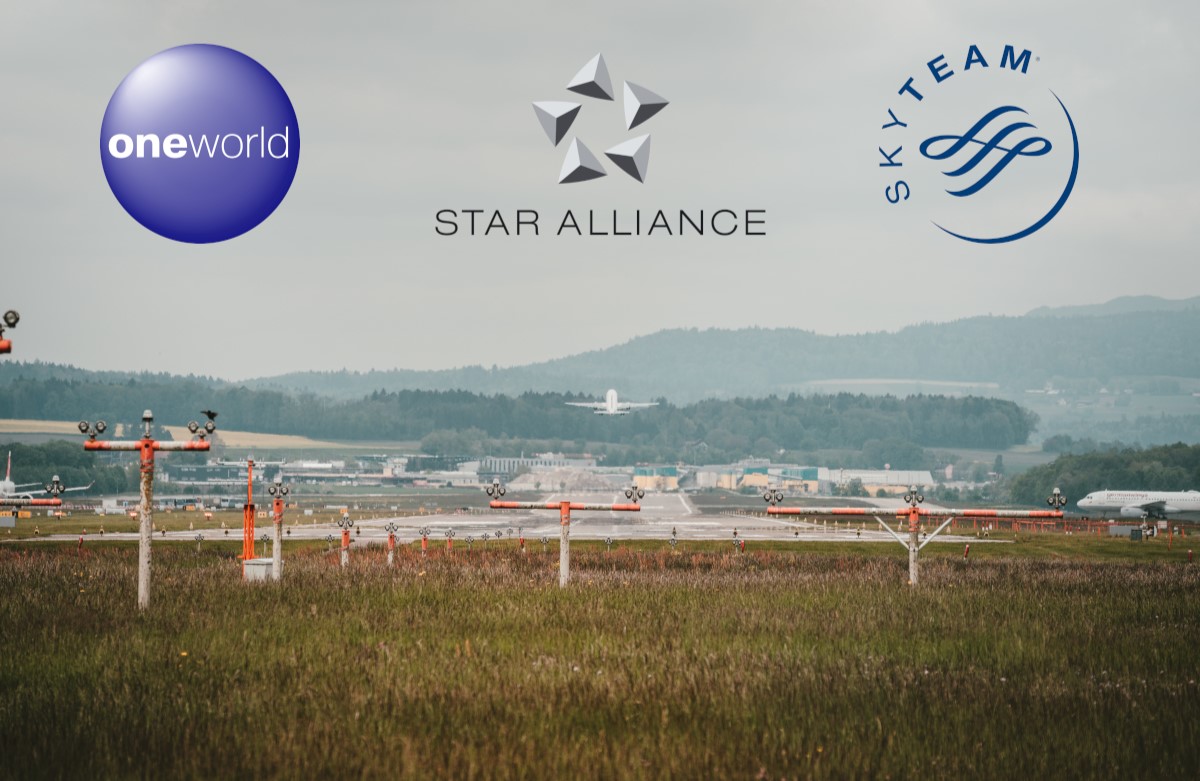
What are airline alliances, and why do they matter? Airline alliances are partnerships between multiple airlines that work together to provide better services, expanded routes, and shared benefits for passengers. They matter because they make traveling more convenient and cost-effective. Imagine booking a flight with one airline but enjoying perks from several others, like lounge access or frequent flyer miles. These alliances also help airlines save money by sharing resources like maintenance facilities and staff. The three major alliances are Star Alliance, SkyTeam, and Oneworld. Each offers unique benefits and covers different regions. Understanding these alliances can help you make smarter travel choices and enjoy a smoother journey.
Key Takeaways:
- Airline alliances are partnerships between airlines that make travel more convenient by sharing resources and offering perks like seamless transfers and priority services for passengers.
- These alliances also benefit airlines by reducing costs, optimizing routes, and sharing resources, while focusing on future advancements in technology and sustainability efforts.
What Are Airline Alliances?
Airline alliances are partnerships between airlines to improve efficiency and service. These collaborations allow airlines to share resources, routes, and benefits for passengers.
-
Three Major Alliances: The three main airline alliances are Star Alliance, SkyTeam, and Oneworld. Each alliance includes multiple airlines from around the globe.
-
Global Reach: Together, these alliances cover over 1,000 destinations worldwide, making travel more accessible.
-
Shared Lounges: Members of these alliances often share airport lounges, providing passengers with more comfort and amenities during layovers.
Benefits for Passengers
Joining an airline alliance offers numerous perks for travelers. These benefits make flying more convenient and enjoyable.
-
Frequent Flyer Programs: Passengers can earn and redeem miles across all member airlines within an alliance, making it easier to accumulate rewards.
-
Seamless Transfers: Alliances streamline the process of transferring between flights, reducing the hassle of re-checking luggage and going through security multiple times.
-
Priority Services: Frequent flyers often receive priority boarding, check-in, and baggage handling, enhancing the travel experience.
Operational Advantages
Airline alliances also provide significant operational benefits for the airlines involved. These advantages help airlines operate more efficiently and cost-effectively.
-
Cost Sharing: Airlines within an alliance share costs for things like maintenance, fuel, and marketing, reducing overall expenses.
-
Route Optimization: Alliances allow airlines to optimize their routes, avoiding unnecessary competition and ensuring better coverage.
-
Resource Sharing: Member airlines can share resources such as aircraft, crew, and ground services, improving operational efficiency.
Historical Context
Understanding the history of airline alliances provides insight into their development and significance in the aviation industry.
-
First Alliance: The first major airline alliance, Star Alliance, was founded in 1997 by five airlines: United Airlines, Lufthansa, Air Canada, SAS, and Thai Airways.
-
Growth Over Time: Since their inception, alliances have grown to include dozens of airlines, expanding their reach and influence.
-
Regulatory Challenges: Alliances have faced regulatory scrutiny over concerns about competition and monopolistic practices, leading to various legal and operational adjustments.
Future of Airline Alliances
The future of airline alliances looks promising, with potential for further growth and innovation. These developments could bring even more benefits to passengers and airlines.
-
Technological Integration: Advances in technology are expected to enhance the coordination and efficiency of airline alliances, improving the overall travel experience.
-
Sustainability Efforts: Alliances are increasingly focusing on sustainability, working together to reduce their environmental impact through initiatives like fuel efficiency and carbon offset programs.
-
Expanding Membership: As more airlines join existing alliances or form new ones, the global reach and benefits of these partnerships will continue to grow.
The Final Boarding Call
Airline alliances have reshaped air travel, making it more convenient and cost-effective. Codesharing agreements allow passengers to book flights with multiple airlines under one ticket, simplifying travel plans. Frequent flyer programs offer rewards across alliance members, enhancing the travel experience. Shared lounges provide comfort during layovers, while joint ventures streamline operations and reduce costs. These alliances also help airlines expand their global reach without additional aircraft.
However, not all is perfect. Sometimes, service quality varies between alliance members, and baggage handling can be inconsistent. Despite these hiccups, the benefits often outweigh the drawbacks. Understanding these alliances can help travelers make smarter choices, ensuring smoother journeys.
So next time you book a flight, consider the alliance behind it. It might just make your trip a whole lot easier. Safe travels!
Frequently Asked Questions
Was this page helpful?
Our commitment to delivering trustworthy and engaging content is at the heart of what we do. Each fact on our site is contributed by real users like you, bringing a wealth of diverse insights and information. To ensure the highest standards of accuracy and reliability, our dedicated editors meticulously review each submission. This process guarantees that the facts we share are not only fascinating but also credible. Trust in our commitment to quality and authenticity as you explore and learn with us.


